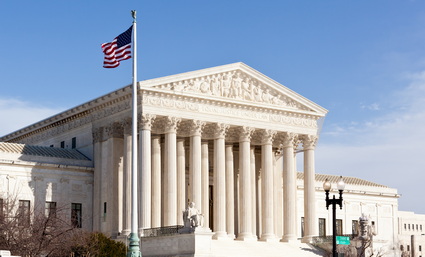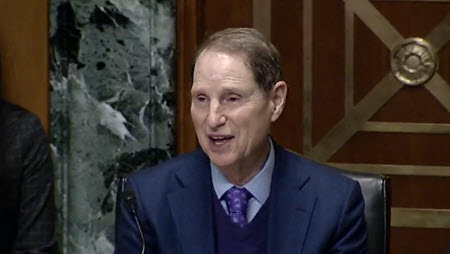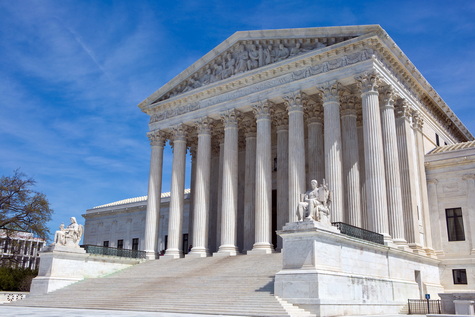
A confluence of mandatory rules and voluntary guidelines pertaining to real estate’s climate impacts—including a first-ever U.S. definition for the term Zero Emissions Building (“ZEB”) and an imminent Securities and Exchange Commission (SEC) greenhouse gas disclosure rule—will be a key focus of policy makers in 2024.
ZEB Definition
- On Jan. 9, GlobeSt reported that The Roundtable supports the direction of the Biden administration’s recently released voluntary ZEB draft definition pertinent to private sector existing buildings and new construction. (Roundtable Weekly, Jan. 5)
- The ZEB definition proposes voluntary criteria for buildings to be highly energy efficient and powered solely by clean energy sources to attain zero emissions status.
- The Roundtable’s Sustainability Policy Advisory Committee (SPAC) is working on comments (due Feb. 5) in response to the Energy Department’s draft.
SEC & Scope 3
- The SEC is expected to release its long-anticipated climate risk disclosure rule this spring. (Roundtable Weekly, March 10, 2023) On Jan. 11, Bisnow quoted Roundtable Senior Vice President and Counsel Duane Desiderio about the SEC’s impending rule and its impact on CRE and other industries.
- Desiderio explained to Bisnow, “Let’s hope the SEC delivers some workable rules and brings rationality to this space, especially regarding Scope 3 indirect emissions” that cover sources in a company’s supply chain beyond its immediate control. Desiderio added, “The market is certainly moving in the direction of the SEC rule.” (RER Fact Sheets: SEC’s Proposed Rule and California’s Climate Disclosure bills)
179D & BPS

- Another federal rule expected in the coming weeks concerns the section 179D tax deduction for energy efficient buildings, substantially revamped by the Inflation Reduction Act (IRA). (Roundtable Weekly, Dec. 1).The Internal Revenue Service will propose a regulation for comment that addresses how existing building retrofits may qualify for this incentive.
- Axios (Jan. 9) reported this week about trends at the local level to enact building performance standards (BPS) such as LL 97 in New York City. While Congress has not granted authority for a national emissions mandate on buildings, more cities and states are expected to run with these efforts in 2024. (Roundtable Weekly, Sept. 15).
- A report from the Rhodium Group this week shows U.S. GHG emissions decreased nearly 2 percent year-on-year in 2023. The report also notes that emissions from commercial and residential buildings dropped by 4 percent, which the researchers attributed primarily to a mild winter. (PoliticoPro and The Hill, Jan. 10)
SCOTUS to Consider Federal Agency “Deference”

- A wild card in the effectiveness and durability of federal regulations—not just in the climate arena, but from any U.S. agency—will be at the fore this spring when SCOTUS renders a decision in Loper Bright Enterprises v. Raimondo.
- Loper will consider whether an administrative law doctrine from 1984 known as “Chevron deference,” which grants wide latitude to federal agencies when crafting rules to implement laws passed by Congress, should be overruled. (SCOTUS Blog, May 1, 2023)
- The Department of Commerce stated in their brief that overruling Chevron “would be a convulsive shock to the legal system.” Oral argument will take place next Wednesday, with a decision expected by early summer. (SCOTUS Blog, Jan. 8, 2024)
Officials from the White House, the Environmental Protection Agency, the Energy Department and leading non-governmental organizations will address issues at the nexus of buildings and climate policy on January 24 at the Roundtable’s all-member 2024 State of the Industry Meeting.
# # #



